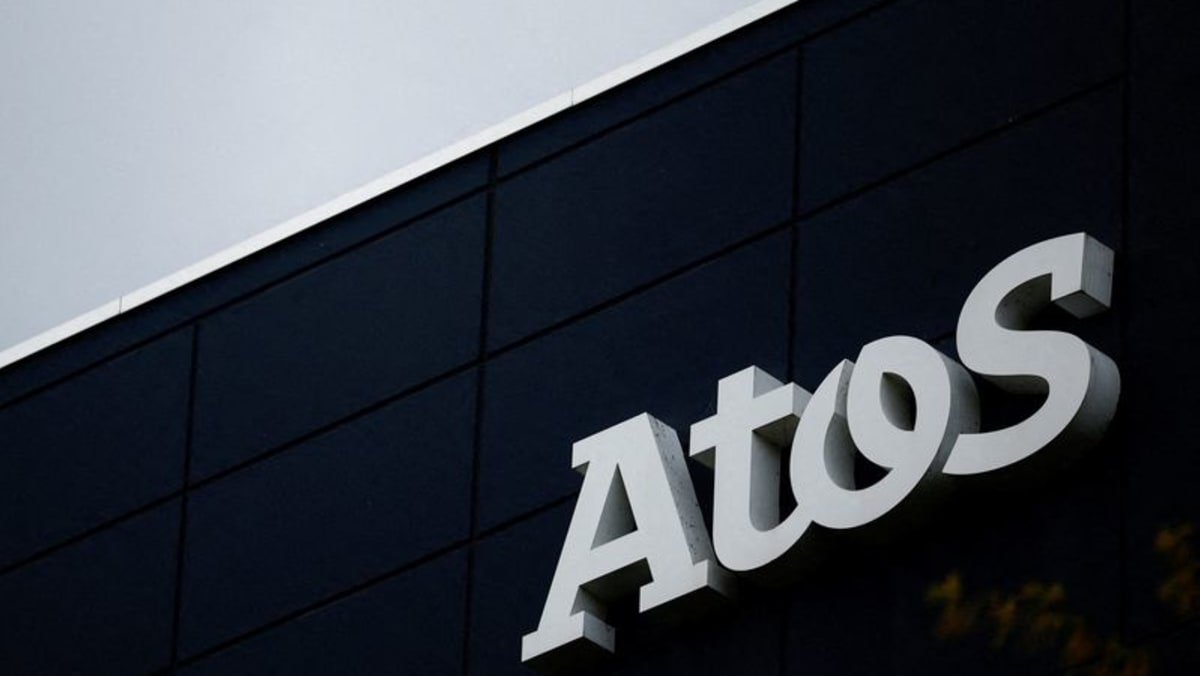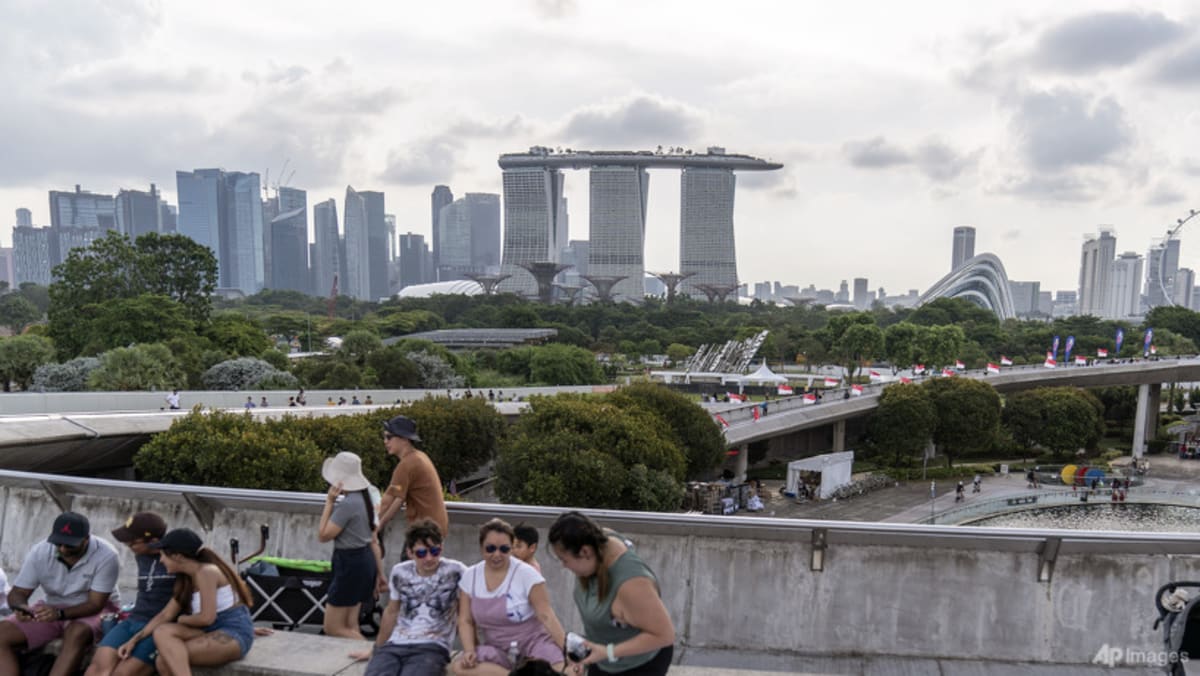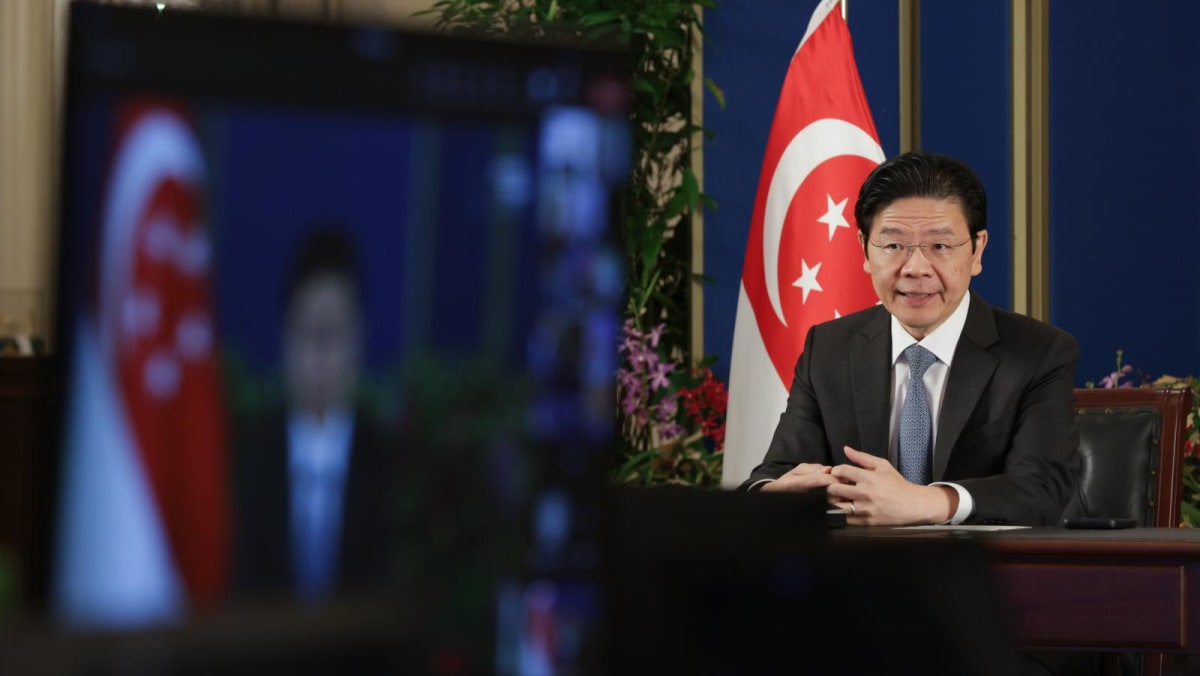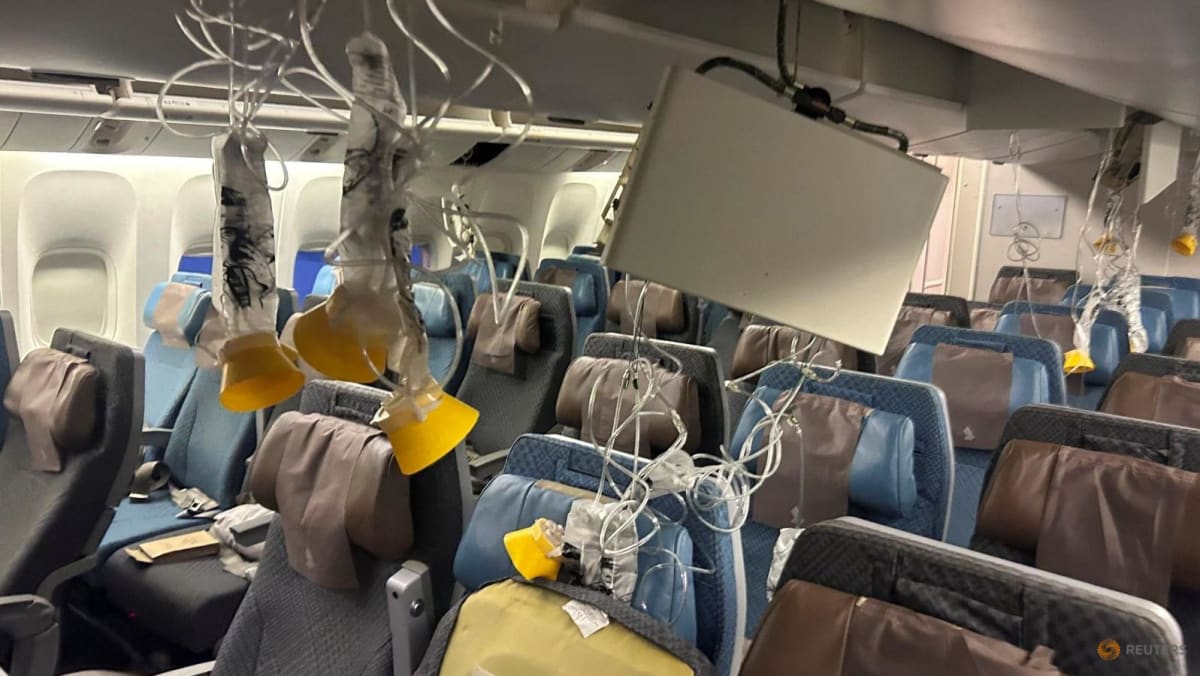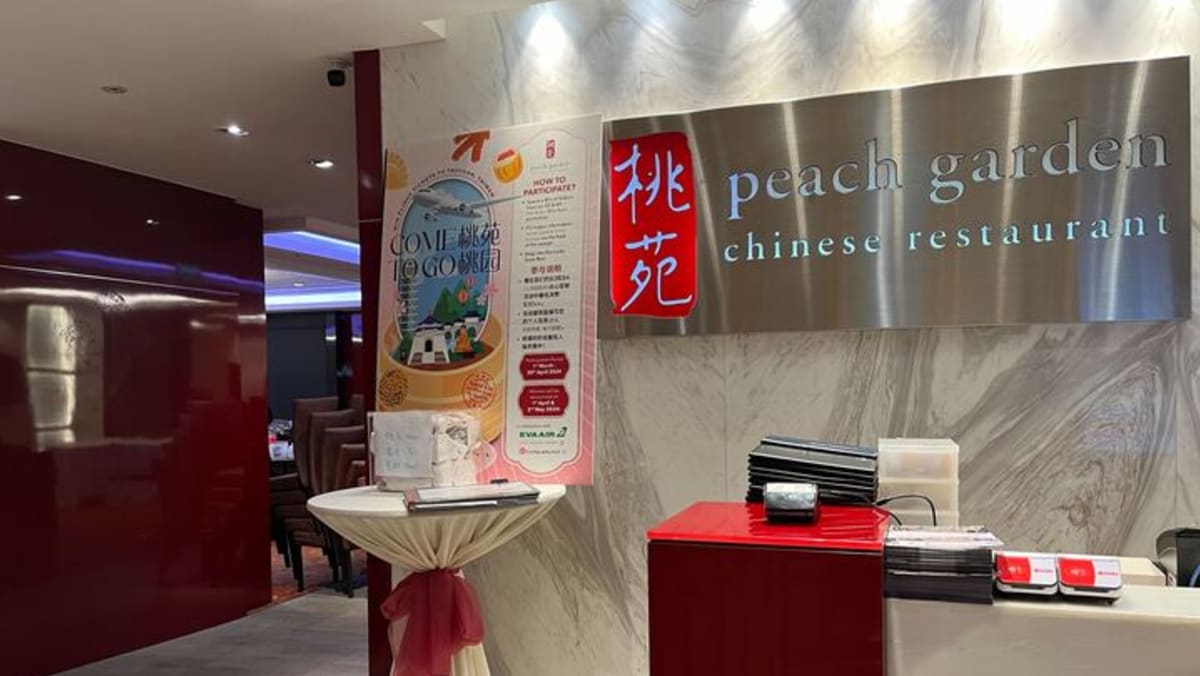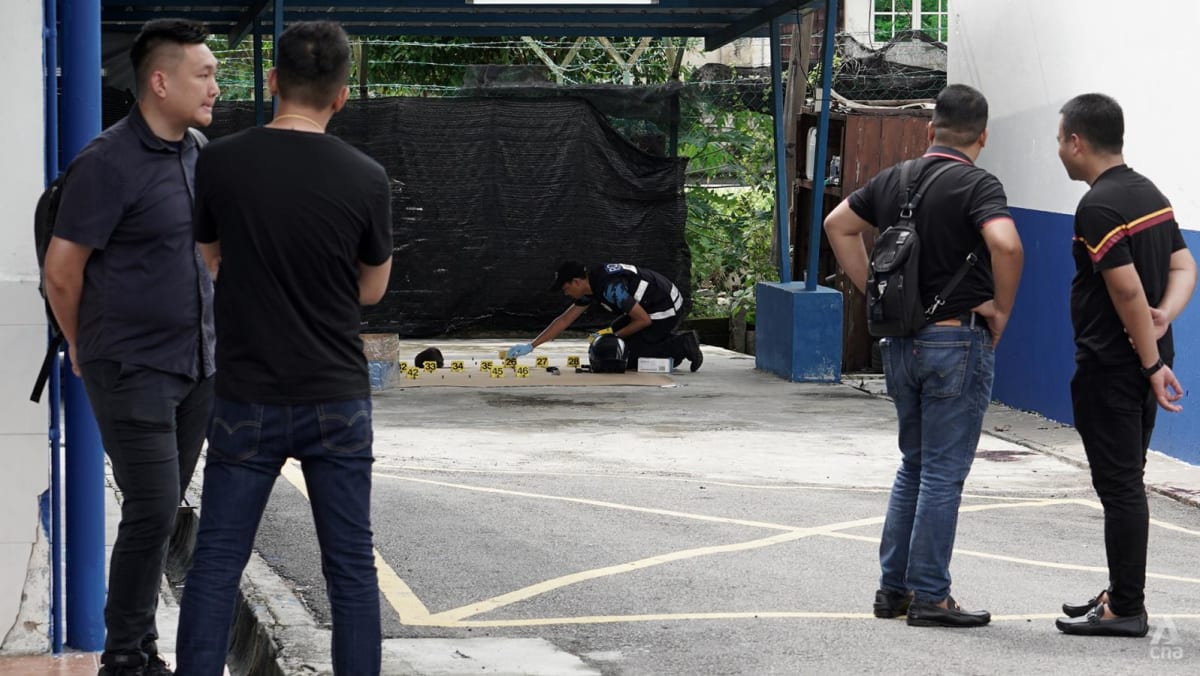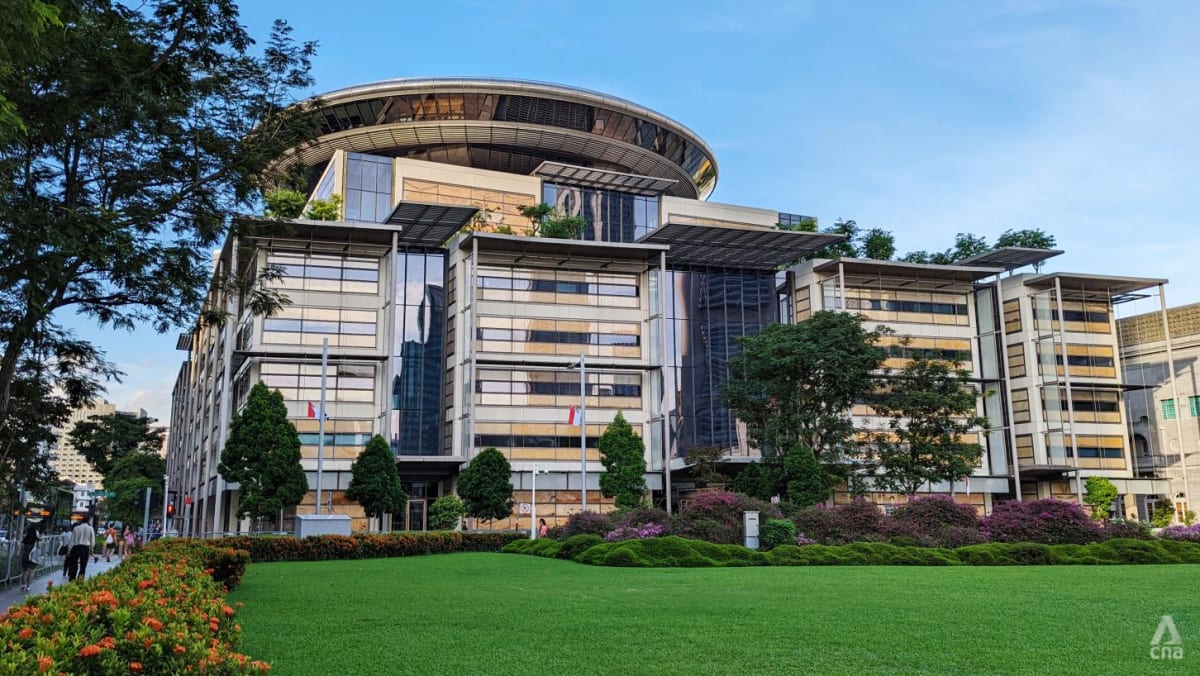NOT JUST FUN AND GAMES
It is also important to note that recreational spaces are not simply physical locations for people to exercise or engage in leisurely activities. Rather, they serve an important purpose of bringing people together.
Social bonds are often described in public policy as “social capital”, that all-important but intangible ingredient that contributes to social trust and cohesiveness among inhabitants of a city or country.
Such social capital can be built up for instance when birdwatchers interact with fellow enthusiasts they encounter in a park, or when parents at a playground start chatting with each other. Over time, such repeated interactions may become cemented into longer-term friendships.
Without such spaces for play and recreation, these individuals may not have met each other, let alone get the chance to foster any form of friendship. Recreational spaces therefore play a very important role in fostering stronger social ties among residents and ultimately ensuring greater social trust cohesiveness across Singaporean society.
Urban planner across the world have long extolled the importance of building cities where people can “work, live and play”. However, many cities in reality prioritise the planning of city-centres and housing estates over recreational spaces.
Many cities are great places to work and live, but play remains an afterthought that is left to market forces and citizen initiatives rather than intentional design. The inclusion of recreational spaces in our masterplan will facilitate a more holistic approach to urban planning that emphasises all three activities of work, live and play.
Dr Woo Jun Jie is Senior Lecturer at the Lee Kuan Yew School of Public Policy, National University of Singapore. His research focuses on the urban, economic and policy drivers of successful global cities.
